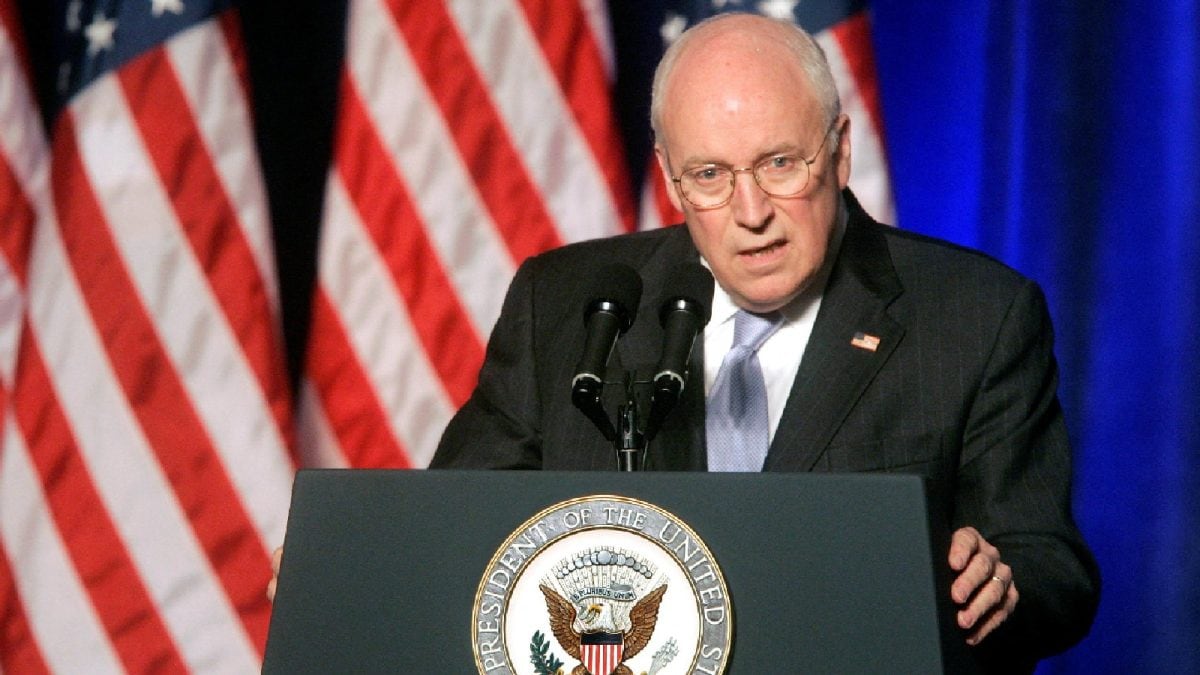ARTICLE AD BOX
Last Updated:October 30, 2025, 07:00 IST
Top government sources said Indian agencies believe that any delay in elections or judicial deadlock in Nepal may benefit "anti-India" forces

The Supreme Court of Nepal will seek written responses from both President Ram Chandra Paudel and interim leader Sushila Karki, asking them about the constitutional basis for appointment and dissolution decisions. (Image: PTI/File)
Nepal’s constitutional crisis, centered on the legitimacy of the interim government and the dissolution of the Parliament, indicates a power vacuum in Kathmandu that could potentially be exploited by China, top Indian government sources told News18.
According to the sources, Indian agencies feel that any delay in elections or judicial deadlock may benefit “anti-India" forces.
The judicial confrontation in Nepal started after President Ram Chandra Paudel decided to dissolve the House of Representatives on the interim government’s recommendation.
This controversial move ended the term of the Lower House early, necessitating fresh elections. Critics, including political parties, experts, and civil society leaders, have widely criticised the decision, arguing that the interim government did not have the authority to recommend the dissolution of Parliament.
This issue quickly moved to the Supreme Court of Nepal, where a constitutional bench was formed led by Chief Justice Prakash Man Singh Raut, alongside Justices Sapana Pradhan Malla, Kumar Regmi, Hari Prasad Phuyal, and Manoj Kumar Sharma. The court heard multiple writ petitions challenging the constitutionality of Prime Minister Sushila Karki’s appointment.
It was argued that both her appointment and the dissolution of Parliament violated the Constitution. The appointment of a former Chief Justice as Prime Minister breaches Article 132(2).
Paudel’s unilateral decision to appoint an interim government without parliamentary recommendation violates articles 74 and 76, it was argued. The dissolution of the House of Representatives took place without citing any constitutional clause, making it “plainly unconstitutional".
It was further argued that the President’s move to install an interim government under a former Chief Justice reflects a deep political capture of the presidency, undermining Nepal’s separation of powers and indicating a weak constitutional order.
Here are some arguments made before the Supreme Court:
- Advocate Prem Raj Silwal said the government lacks legitimacy and intent to hold elections, stating that power cannot be seized through the streets.
- Advocate Tikaram Bhattarai argued that the President acted beyond constitutional limits and urged the court to issue an interim order to restrict the government’s powers.
- Advocates Sher Bahadur KC and Ekaraj Pokharel criticised Karki’s moral inconsistency and legal ineligibility. They mocked the absurdity of a non-MP dissolving Parliament.
WHAT DID THE SUPREME COURT SAY?
Justice Malla, however, urged the counsel to focus on whether an interim order should be issued, while Justice Regmi questioned the practical options available when the government was formed and tested if there was any effort to form another administration.
The constitution bench will now decide on granting an interim order. The court will seek written responses from both Paudel and Karki, asking them on their constitutional basis for appointment and dissolution decisions.
WHAT DID THE INDIAN GOVT SAY?
Top Indian government sources view this confrontation as indicating a power vacuum in Kathmandu, which can potentially be exploited by China.
The sources said Indian agencies fear that if instability remains, border management, cross-border trade, and intelligence cooperation will face setbacks. They said any delay in elections or judicial deadlock benefits “anti-India forces", as per the agencies.
They said the agencies believe that China may exploit through judicial and bureaucratic proxies, seeking to paralyse democratic institutions. Paudel’s move to install an interim government under a former Chief Justice reflects a deep political capture of the presidency, they said. This undermines Nepal’s separation of powers, indicating a weak constitutional order, they added.
Group Editor, Investigations & Security Affairs, Network18
Group Editor, Investigations & Security Affairs, Network18
First Published:
October 30, 2025, 07:00 IST
News world Nepal's Constitutional Crisis Deepens: What Is The Inside Story, How Will It Affect India?
Disclaimer: Comments reflect users’ views, not News18’s. Please keep discussions respectful and constructive. Abusive, defamatory, or illegal comments will be removed. News18 may disable any comment at its discretion. By posting, you agree to our Terms of Use and Privacy Policy.
Read More

 5 days ago
9
5 days ago
9










 English (US) ·
English (US) ·